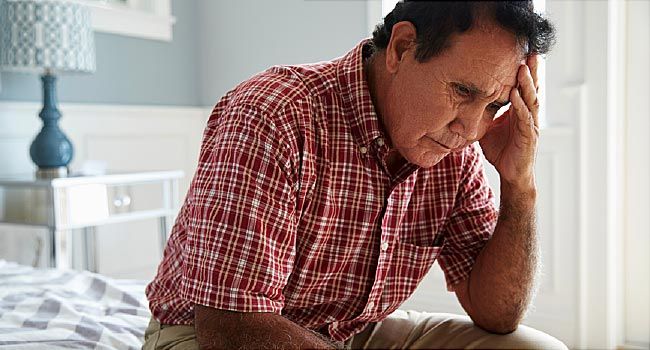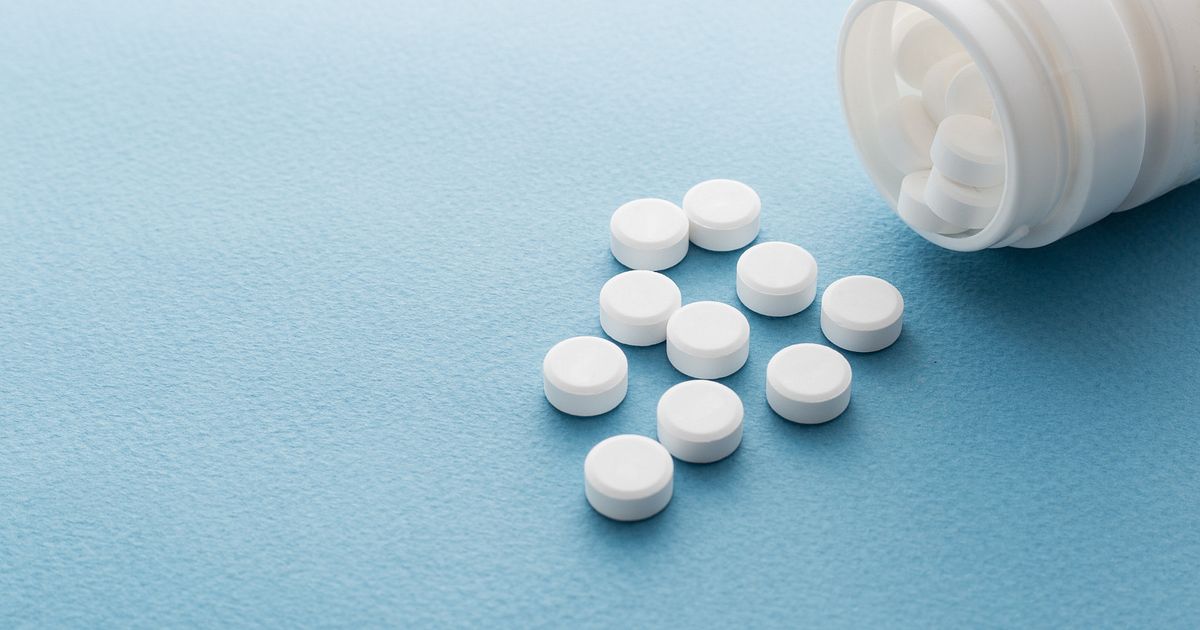Sleep aids such as antidepressants are becoming increasingly popular in treating sleep disorders, such as insomnia. Antidepressants not only work to improve mood and treat depression but can also have a soothing effect that helps people get better sleep. They can be used for both short-term and long-term treatment.

Table Of Content:
- Sleep Disorders and Depression Connection and Treatments
- Antidepressants for the Treatment of Insomnia in Patients with ...
- Effects of Antidepressants on Sleep - PMC
- Antidepressants and sleep: a qualitative review of the literature
- Antidepressants: Get tips to cope with side effects - Mayo Clinic
- Antidepressants as Sleep Aids
- Antidepressants and their effect on sleep - Mayers - 2005 - Human ...
- Pharmacotherapy for insomnia in adults - UpToDate
- Antidepressant management of insomnia disorder in the absence of ...
- Effects of Antidepressants on Sleep | SpringerLink
1. Sleep Disorders and Depression Connection and Treatments
https://www.webmd.com/depression/sleep-problems-and-depression Mar 7, 2022 ... The over-the-counter hormone melatonin also is sometimes used to treat insomnia or sleep disrupted by depression. A prescription drug called ...
Mar 7, 2022 ... The over-the-counter hormone melatonin also is sometimes used to treat insomnia or sleep disrupted by depression. A prescription drug called ...
2. Antidepressants for the Treatment of Insomnia in Patients with ...
https://www.aafp.org/pubs/afp/issues/2011/1101/od1.html Nov 1, 2011 ... Evidence-Based Answer ... There is no single antidepressant or class of antidepressants that is most effective for the treatment of insomnia in ...
Nov 1, 2011 ... Evidence-Based Answer ... There is no single antidepressant or class of antidepressants that is most effective for the treatment of insomnia in ...
3. Effects of Antidepressants on Sleep - PMC
https://www.ncbi.nlm.nih.gov/pmc/articles/PMC5548844/ Aug 9, 2017 ... Antidepressant drugs substantially differ in their acute effects on sleep. Some of them alleviate sleep disturbances, but other may disrupt ...
Aug 9, 2017 ... Antidepressant drugs substantially differ in their acute effects on sleep. Some of them alleviate sleep disturbances, but other may disrupt ...
4. Antidepressants and sleep: a qualitative review of the literature
https://pubmed.ncbi.nlm.nih.gov/15892588/ Most antidepressants change sleep; in particular, they alter the physiological patterns of sleep stages recorded overnight with EEG and other physiological ...
Most antidepressants change sleep; in particular, they alter the physiological patterns of sleep stages recorded overnight with EEG and other physiological ...
5. Antidepressants: Get tips to cope with side effects - Mayo Clinic
https://www.mayoclinic.org/diseases-conditions/depression/in-depth/antidepressants/art-20049305 Some antidepressants may cause insomnia, making it difficult to get to sleep or stay asleep, so you may be tired during the day. Consider these strategies: Take ...
Some antidepressants may cause insomnia, making it difficult to get to sleep or stay asleep, so you may be tired during the day. Consider these strategies: Take ...
6. Antidepressants as Sleep Aids
https://www.spine-health.com/wellness/sleep/antidepressants-sleep-aids The sedating antidepressants most commonly used to help with sleep include Trazodone (Desyrel), Amitriptyline (Elavil), and Doxepin (Sinequan). It should be ...
The sedating antidepressants most commonly used to help with sleep include Trazodone (Desyrel), Amitriptyline (Elavil), and Doxepin (Sinequan). It should be ...
7. Antidepressants and their effect on sleep - Mayers - 2005 - Human ...
https://onlinelibrary.wiley.com/doi/abs/10.1002/hup.726 Oct 17, 2005 ... Abstract Given the relationship between sleep and depression, there is inevitably going to be an effect of antidepressants on sleep.
Oct 17, 2005 ... Abstract Given the relationship between sleep and depression, there is inevitably going to be an effect of antidepressants on sleep.
8. Pharmacotherapy for insomnia in adults - UpToDate
https://www.uptodate.com/contents/pharmacotherapy-for-insomnia-in-adults
Mechanism of action – Doxepin is a tricyclic antidepressant medication that is unique in this class in having antihistaminic activity that enhances sleep ...
9. Antidepressant management of insomnia disorder in the absence of ...
https://meridian.allenpress.com/mhc/article/4/2/41/37095/Antidepressant-management-of-insomnia-disorder-in
10. Effects of Antidepressants on Sleep | SpringerLink
https://link.springer.com/article/10.1007/s11920-017-0816-4 Aug 9, 2017 ... Antidepressant drugs substantially differ in their acute effects on sleep. Some of them alleviate sleep disturbances, but other may disrupt ...
Aug 9, 2017 ... Antidepressant drugs substantially differ in their acute effects on sleep. Some of them alleviate sleep disturbances, but other may disrupt ...
What type of antidepressants are used for sleep?
The most commonly prescribed types of antidepressants for sleep are tricyclic antidepressants, MAOIs, SSRIs, and SNRIs.
How quickly do antidepressants take effect?
It usually takes 2-6 weeks before you begin to notice the desired effects of an antidepressant, which is why it's important to stay consistent with your medication if prescribed by a physician.
Are there any side effects associated with antidepressants?
Yes, while most people will experience no or mild side effects with antidepressant use, some of the more common side effects include weight gain, nausea/vomiting, decreased sex drive, dry mouth, blurred vision and headaches.
What else can I do to improve my sleep besides taking antidepressants?
There are several non-medication methods that individuals can use to get better rest including setting regular bedtimes and wake times; avoiding stiumalnts like caffeine late in the day; reducing screen time before bed; avoiding long daytime naps; avoiding alcohol consumption before bed; adding exercise into your daily routine; and engaging in relaxation techniques such as deep breathing or meditating.
Is it safe to take sleeping pills along with antidepressants?
Before combining any medications it’s important to consult with a doctor first. As long as the doctor agrees that it is safe for you to take both at once then yes it may be possible however this should always be discussed first.
Conclusion:
Antidepressants can be a great tool in helping you achieve healthy sleep patterns but should always be monitored closely by a doctor and combined with other lifestyle changes when necessary. With careful consideration of your own health needs an effective plan for getting better rest can be created safely and effectively using an antidepressant if needed.
